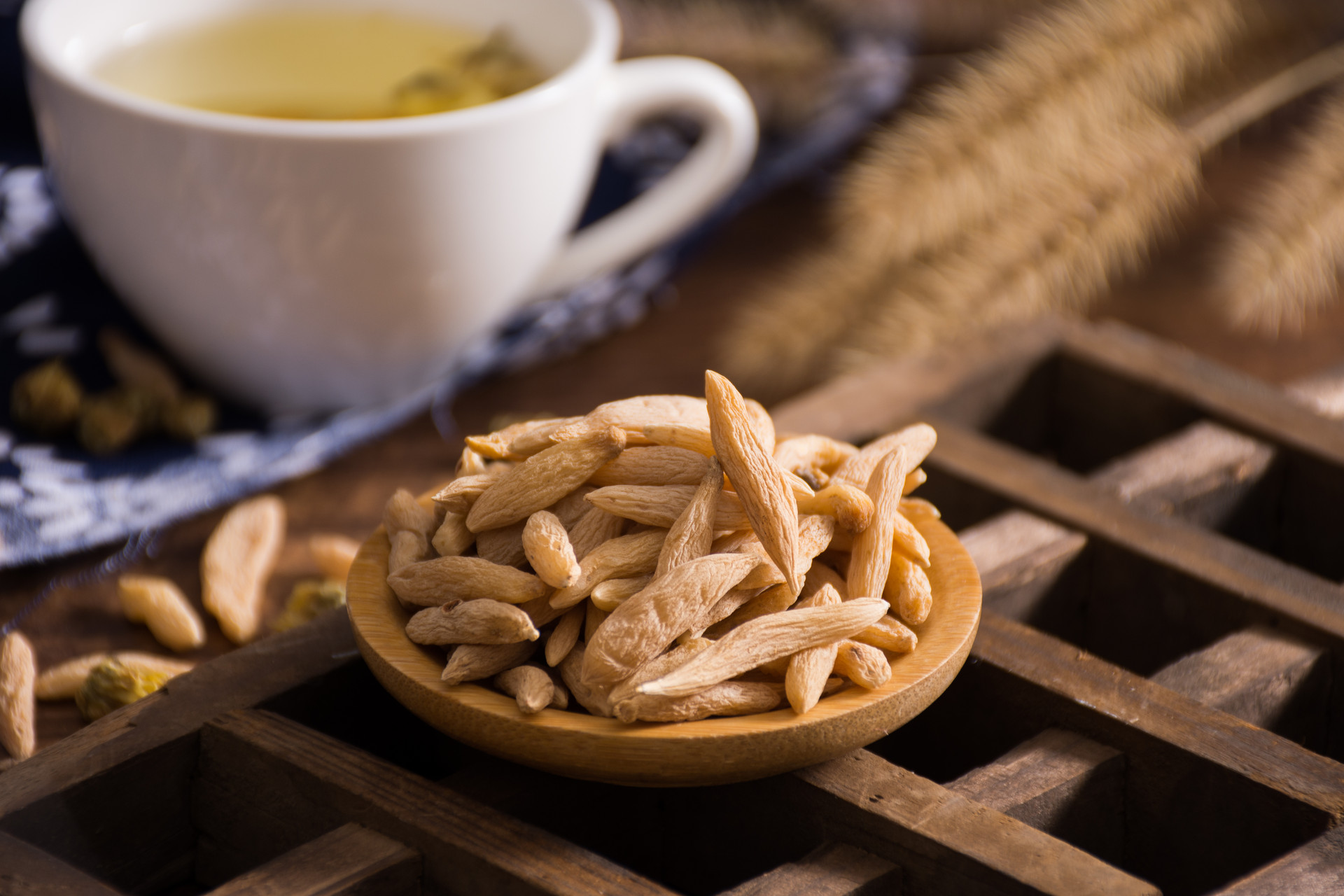Many people take ginseng as a tonic for the body, and indeed it has a good effect of tonifying the vital energy, nourishing the spleen and benefiting the lungs, and calming the mind, but after all, it is a medicinal herb and there are still some precautions to understand before taking it, and according to personal constitution and physical condition to determine whether it is suitable for taking it.
Pregnant women
Ginseng is a great tonic for the vital energy, but "if there is a surplus of qi, it is fire", so if pregnant women take it, it will easily lead to Yin deficiency and Yang hyperactivity, resulting in poisoning, and it will also easily aggravate vomiting, edema and hypertension during pregnancy, and may lead to vaginal bleeding and miscarriage. There is a risk of stillbirth when ginseng is taken by pregnant women.
Lactating women
Ginseng contains ginsenosides that can act on the central nervous system, heart and blood vessels. After consuming ginseng, women in labor will feel excited and will easily suffer from insomnia, irritability and restlessness, which is not conducive to recovery; according to Chinese medicine, qi will move blood, and sufficient qi will make blood flow smoothly. Ginseng is a great tonic and will speed up blood circulation. Moreover, ginseng is a hot food, so taking too much ginseng can cause maternal fire or cause the baby to eat heat.
People with fever and colds
If you take ginseng, the blood circulation in your body will increase, which will lead to more palpitations and more severe fever, which is not conducive to recovery and may even lead to deterioration of your condition.
People with dampness and heat
Ginseng has a certain anti-diuretic effect. People with damp heat, especially those with swelling due to damp heat, should not eat ginseng, as such people will not be able to relieve swelling, but will worsen their condition.
People with arteriosclerosis
Ginseng contains protein factors that inhibit lipolysis, thus aggravating the fatty deposits in the blood vessel walls, so it is not suitable for people with arteriosclerosis, coronary heart disease and vasculitis.
Patients with high blood pressure
Patients with hypertension, especially those who are red-faced, tend to be emotionally excited after taking ginseng, resulting in increased blood pressure, dizziness, insomnia and dreaminess, etc. Moreover, most hypertensive patients are hyperactive liver yang patients, so ginseng is likely to aggravate the symptoms of liver yang and liver fire after taking ginseng, making liver yang more hyperactive and liver fire more vigorous.
People with high blood viscosity
People with high blood viscosity, which is called blood stasis in Chinese medicine, should not take ginseng because it helps to promote the growth of red blood cells, and when there are more red blood cells in the body, the blood viscosity will increase, which is not good for recovery.
People with Yin deficiency and fire
Ginseng is not suitable for people with Yin deficiency and fire. These people often suffer from restlessness, dry mouth and thirst, and hot flashes and night sweats in bed, etc. Taking ginseng will lead to more mental excitement, which will affect the recovery of the body and the quality of sleep.












